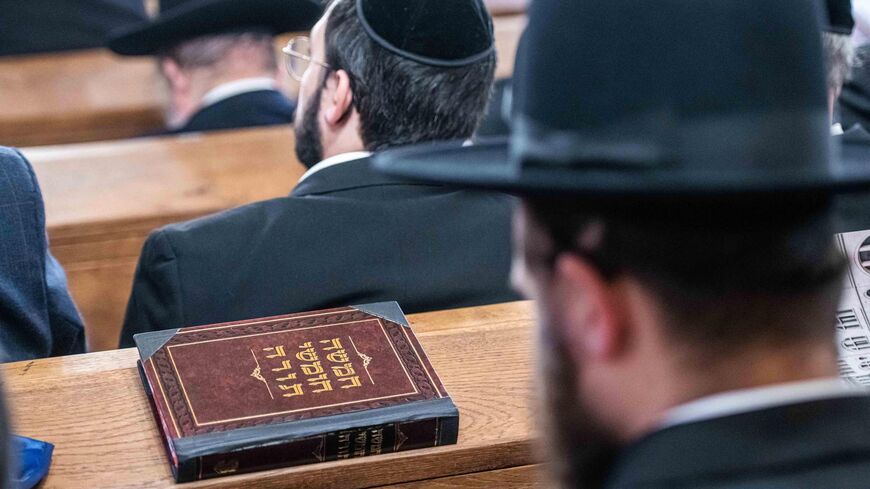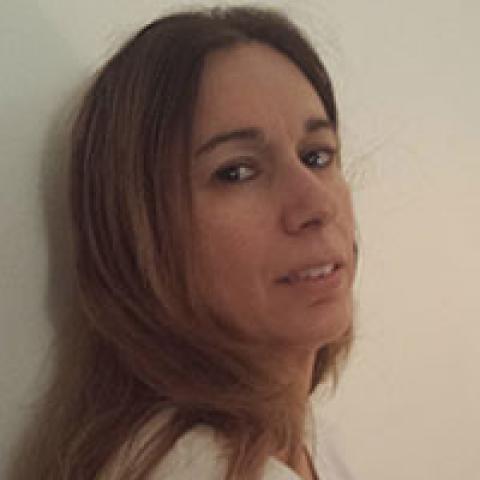Israel’s president, prime minister, ministers and religious authorities strongly condemned the planned burning of a Torah scroll on Saturday outside the Israeli Embassy in Stockholm. On Friday, they called upon Swedish authorities to revoke the authorization granted by local police for the protest.
The request to burn the Torah scroll came from an unnamed Swedish individual in his 30s, who explained his plan came in reaction to the burning of a Quran outside a mosque in Stockholm some three weeks ago. The incident sparked wide outrage and protests in the Islamic world.
On Friday, Prime Minister Benjamin Netanyahu posted on Telegram, "The State of Israel takes very seriously this shameful decision, which harms the highest sanctity of the Jewish people. The books sacred to all religions must be respected."
A statement issued by Israel’s Foreign Minister Eli Cohen read, "Burning a Torah scroll is a hate crime, a provocation and a serious attack against the Jewish people and Jewish tradition. I call on the authorities in Sweden to prevent this despicable event."
He added that he instructed Israel's Ambassador to Sweden Ziv Nevo Kulman and the Ministry of Foreign Affairs to work to prevent "this shameful incident."
The political director at the Foreign Ministry, Aliza Bin Noun, spoke Friday morning with Swedish Ambassador to Israel Erik Ullenhag, expressing Israel’s indignation.
Israeli President Isac Herzog said in a statement, “As the President of the State of Israel, I condemned the burning of the Quran, sacred to Muslims world over, and I am now heartbroken that the same fate awaits a Jewish Bible, the eternal book of the Jewish people. Permitting the defacement of sacred texts is not an exercise in freedom of expression, it is blatant incitement and an act of pure hate.”
Israel’s Chief Sephardic Rabbi Yizhak Yosef addressed a letter to King of Sweden Carl Gustaf, expressing his dismay and shock over the request to burn a Torah scroll, adding that the protest will be "an incident that could destabilize the values of tolerance, respect and freedom of religion, which we all cherish. I implore his Highness to intervene and prevent such an incident."
The umbrella organization of the Jewish community in Sweden also issued sharp condemnations.
Other Israeli ministers including Labor Minister Yoav Ben Tzur and Diaspora Affairs Minister Amichai Chikli also spoke out against what is becoming a diplomatic crisis between the two countries.
Israel’s relations with Sweden were strained for several years, mainly over the Palestinian issue. But for the past two years, since the arrival of Ambassador Nevo Kulman, relations have improved dramatically, culminating in the Cohen's visit to Stockholm in May. Relations have improved since then in a series of fields, including cooperation on technology and education on Holocaust remembrance and battling antisemitism.
As Herzog mentioned, Israeli authorities condemned the burning of the Quran in Sweden earlier this year.
Last January, Stockholm police had authorized the burning of a Quran near the Turkish Embassy in the city by far-right politician and anti-Islam provocateur Rasmus Paludan. That incident, condemned across the Muslim world, sparked a diplomatic crisis between Sweden and Turkey and threatened Sweden’s bid to join NATO. In another incident late June, an Iraqi Christian immigrant burned a Quran outside a mosque in the Swedish capital during the major Muslim holiday of Eid al-Adha.
Following the June incident, the United Nations Human Rights Council approved a resolution on religious hatred and bigotry, calling on countries to take steps to “prevent and prosecute acts and advocacy of religious hatred that constitute incitement to discrimination, hostility or violence.”
Adam Lucente contributed to this report.








